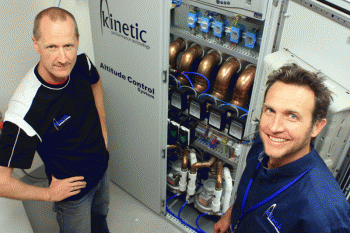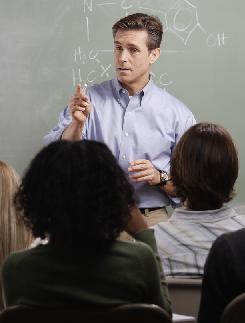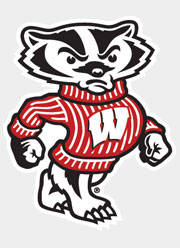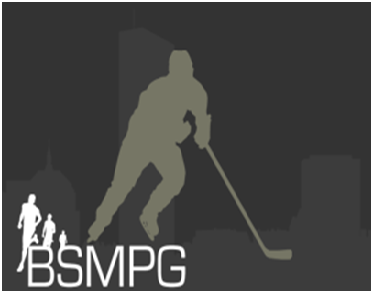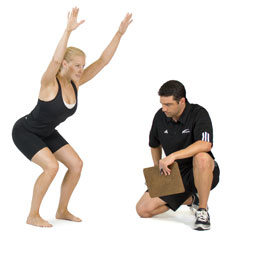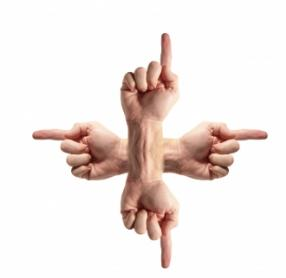
Attention Hockey Performance Coaches
Join the leaders in Sports Medicine and Performance Training this May 15-16th in Boston for a multidisciplinary seminar that has more hockey content available than you can waive a stick at! Your greatest challenge will be deciding which breakout session to attend throughout the two days!
Keynote Sessions
Dr. Robert Sapolsky: Why Zebras Don’t Get Ulcers – Stress, Disease and Coping
James Anderson: Realizing Tri-Planer Performance through the Respiratory Diaphragm
Al Smith: Helping People Be Their Best – A Journey From Specialism To Systems Thinking
Vincent Walsh: Sport – The Brain’s Greatest Challenge?
The Canadian National Basketball Performance Team: Developing a Performance Team - A Look Behind the Curtain
Breakout Sessions
James Anderson: The lateralized Foot and Ankle Pattern and the Pronated Left Chest
Al Smith: Lost in Translation – The Appliance of Science in High Performance Sport
Sam Coad: Elite Athlete Monitoring Systems – Methods and Techniques for Assessing Recovery in Athletes
Charlie Weingroff: Utilizing a Movement Profile Into Your Neural Net
Eric Oetter: NeuroImmune Plasicity – The Substrate of Performance
Andy O’Brien: TBD
Roman Fomin: Windows of Trainability
Sam Gibbs: TBA (Believe us it will be awesome)
Mike Davis: Bridging the Gap Between Rehab and High Performance
Mike Davis: Using Micro-movements to Manipulate Massive Movements


